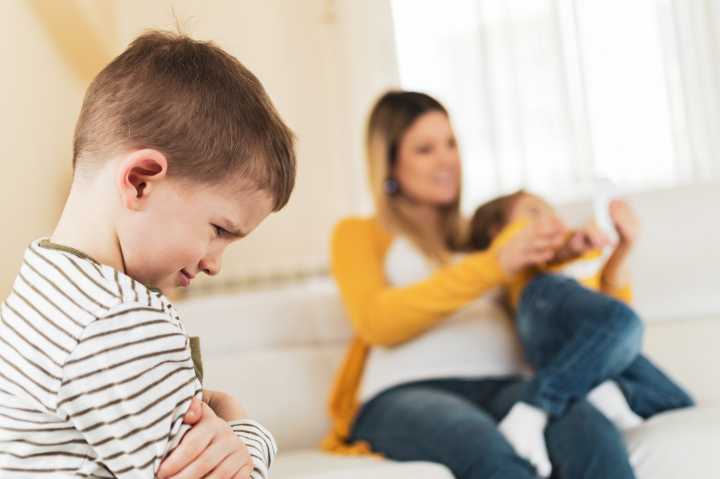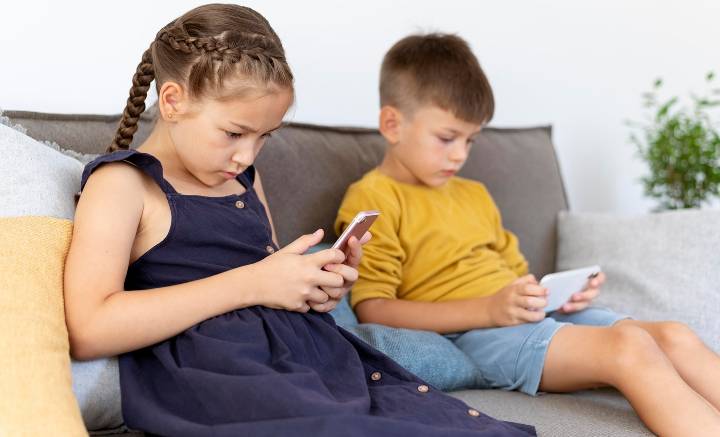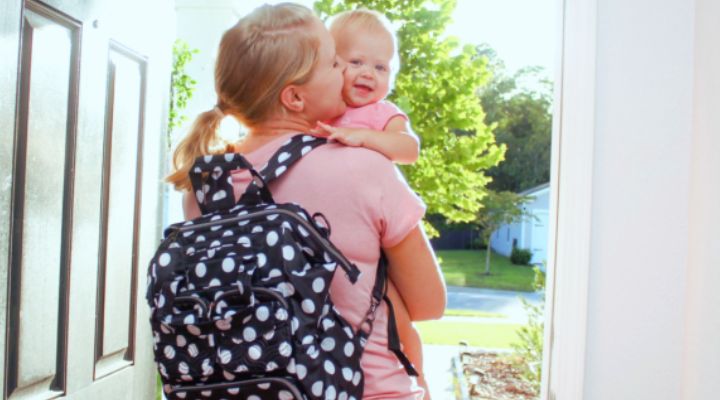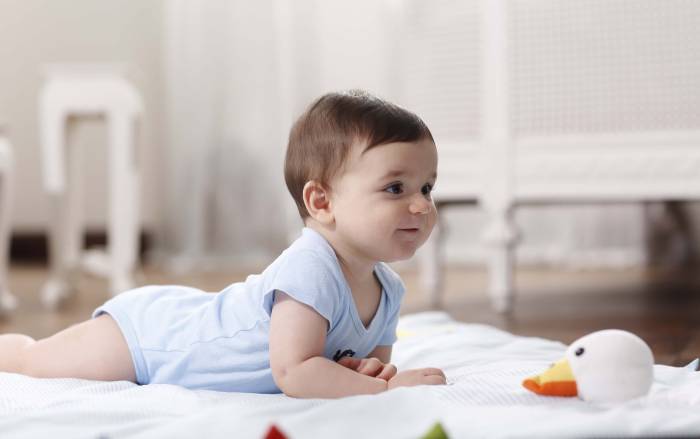How Children can navigate through jealousy in their interpersonal relationships

Children love their limelight. And when it is shifted to another person/sibling, jealousy lifts it’s ugly head. Being jealous is a defence mechanism by a child to cover anxiety, fear of loss of attention, comparison, and helplessness. Children as young as 3-4 display jealousy when a sibling comes into the family. At school when a friend talks to another, when they are compared with a peer or cousin. Children may have frequent disagreements or fights if they are jealous of a sibling or a friend. A jealous child might hit the other child and act like it is just a game or complain about the other. Let us look at ways these jealousy pangs can be handled:
1. Hugs and Love: If the need for acknowledgement needs to be met, a display of love is needed. Hugs, cuddles by parents/trusted adults helps for a child to feel cared for as well as build up ‘oxytocin’ the love hormone which calms the internal irritations.
2. Being an active Listener: Many times children wish to be heard and listened to. They do not always need a problem to be solved, but when feeling are vent out, they need an response.
3. Physical comfort: A young toddler could sit on the parent’s lap and speak of their concerns, and an older child could sit alongside and release their emotional turmoil.
4. Calm diversions: After the child has been reminded of all their strengths and calmed. A warm bath, a bedtime tale, a snuggle blanket works wonders.
5. Cause and effect: Every behaviour is due to a trigger or root cause, reasoning logically with your child supports the child. Keeping a watch on the causes and being prepared with remedies keeps the peace in the household.
6. Gratitude: if a child is jealous of another due to material possessions, then, reminding the child of all that e/she has and can be grateful for works to dissipate the initial anger and pent-up emotions.
7. Social stories and personal narratives: spoken by parents and trusted adults and ways they handled jealousy a sa child gives a different context. Stories also help children to realise that they are not the only ones facing this and there is a solution.
Jealousy often comes from insecurity in ourselves like a feeling like we are doomed or hurt. Self-esteem needs a building up, which can be done slowly by the parents. A parent’s “voice” becomes their child’s “voice” later in life. If a parent name calls a child as being useless, no-good, then that is what the child believes to be true, but if a child is shown his/her positives and motivated to reach his/her potential with motivation and thereafter shown that the parent loves the child, is proud of them then that’s what the child believes himself/herself to be. Uncertainty is just a way of life because we can’t control everything. The only thing we can control is ourselves.
Building on self-awareness and self-management are two life skills that can change a jealous child to be a goal-setter. A child who is resilient, learning from his/her mistakes and has a growth-mindset to achieve his/her set goals. Envy can be a great motivator for setting goals and pushing capability boundaries. A parent can support a child to navigate this transition with personal examples, consistency in discipline and celebration of a behavioural modification.







